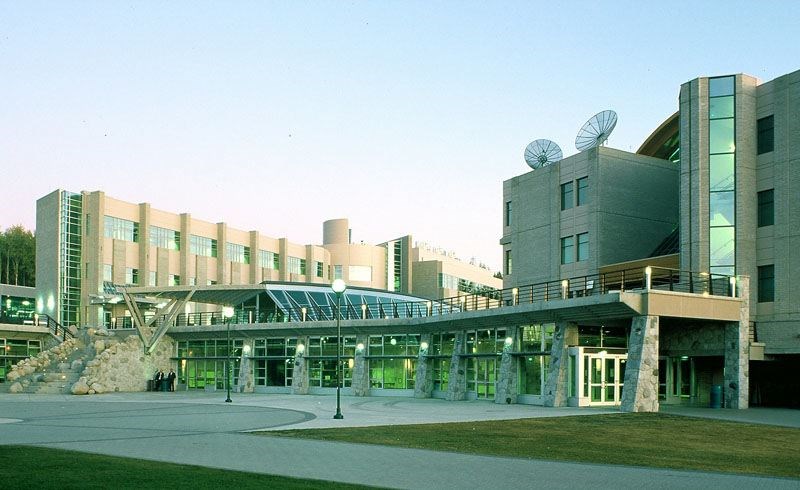The University of Northern B.C. educates the largest percentage of aboriginal students in B.C.'s research universities but that number is falling.
For the 2013-14 school year, nine per cent of UNBC's student population - or 335 people - identified as aboriginal. The University of Victoria and University of British Columbia showed five per cent of their populations identified as indigenous, for almost 1,000 students each. Both schools stayed static in that regard over seven years, according to the most recent numbers on the British Columbia Higher Education Accountability Dataset.
UNBC used to have between 14 and 15 per cent of its student population identify as indigenous. In 2013, that number dropped to 460 - or 12 per cent - after five years with more than 500 students.
As of 2016, UNBC has awarded 828 various credentials, including certificates, bachelor degrees, graduate degrees to aboriginal students , said spokesperson Andrea Johnson.
Of the university's 12,600 alumni, 215 are aboriginal who have multiple credentials and 42 hold both an undergraduate and graduate degree from UNBC.
To mark National Aboriginal Day, the Ministry of Advanced Education announced about
$1 million in funding for 14 post-secondary institutions.
The money is part of an ongoing project, launched in 2012, to improve the number of credentials earned by aboriginal learners by 75 per cent by 2020-21, the ministry said.
In 2013-14, 3,241 credentials were awarded to aboriginal learners; in 2014 UNBC handed out 59 credentials, down from the 69 in 2013. But, the provincial total marked an increase of 23 per cent, or 607 over 2009-10.
"This funding is aligned with our government's plan to ensure aboriginal students are prepared to take advantage of job opportunities in our growing economy," said Aboriginal Relations and Reconciliation Minister John Rustad in a statement. "Aboriginal people play an important role in helping to meet the need for skilled workers in B.C."
The College of New Caledonia and UNBC were not among them because they are among 11 institutions that already get annual support through Aboriginal Service Plans.
"Activities and services funded through the Aboriginal Service Plans include elders-in-residence, cultural learning, mentoring and development and delivery of programs in partnership with Aboriginal communities and organizations," said Minister Andrew Wilkinson in a statement.
Last year UNBC received $200,000 and CNC received $510,727 through this funding, he said.
"The one-time funding of $75,000 each to 14 public post-secondary institutions announced (Tuesday) was provided to the institutions that do not receive funding for Aboriginal Service Plans," the statement said, with the goal they could provide similar programs.
Correction: A previous headline incorrectly said "amount" when it should have referenced the number of students.



